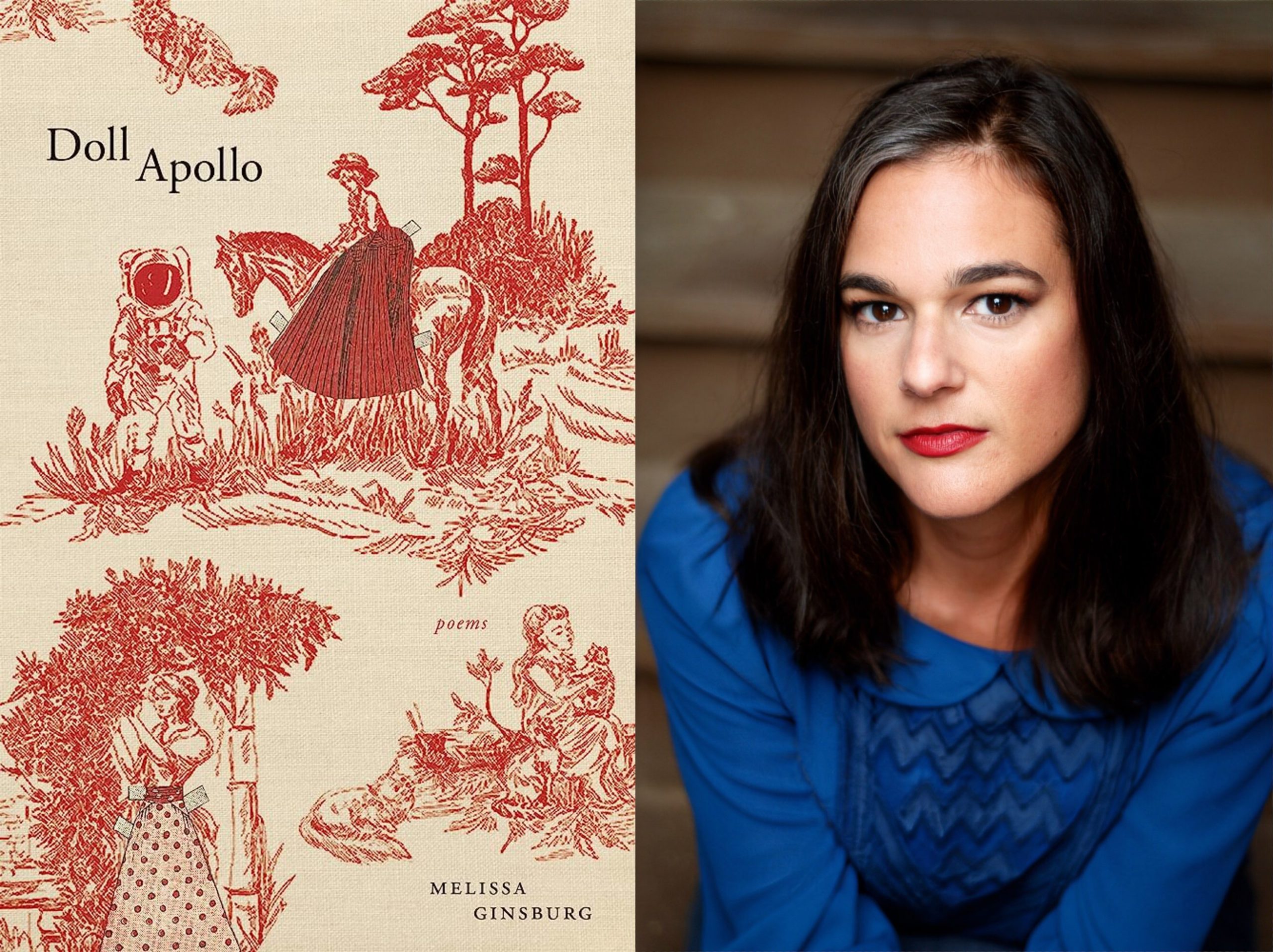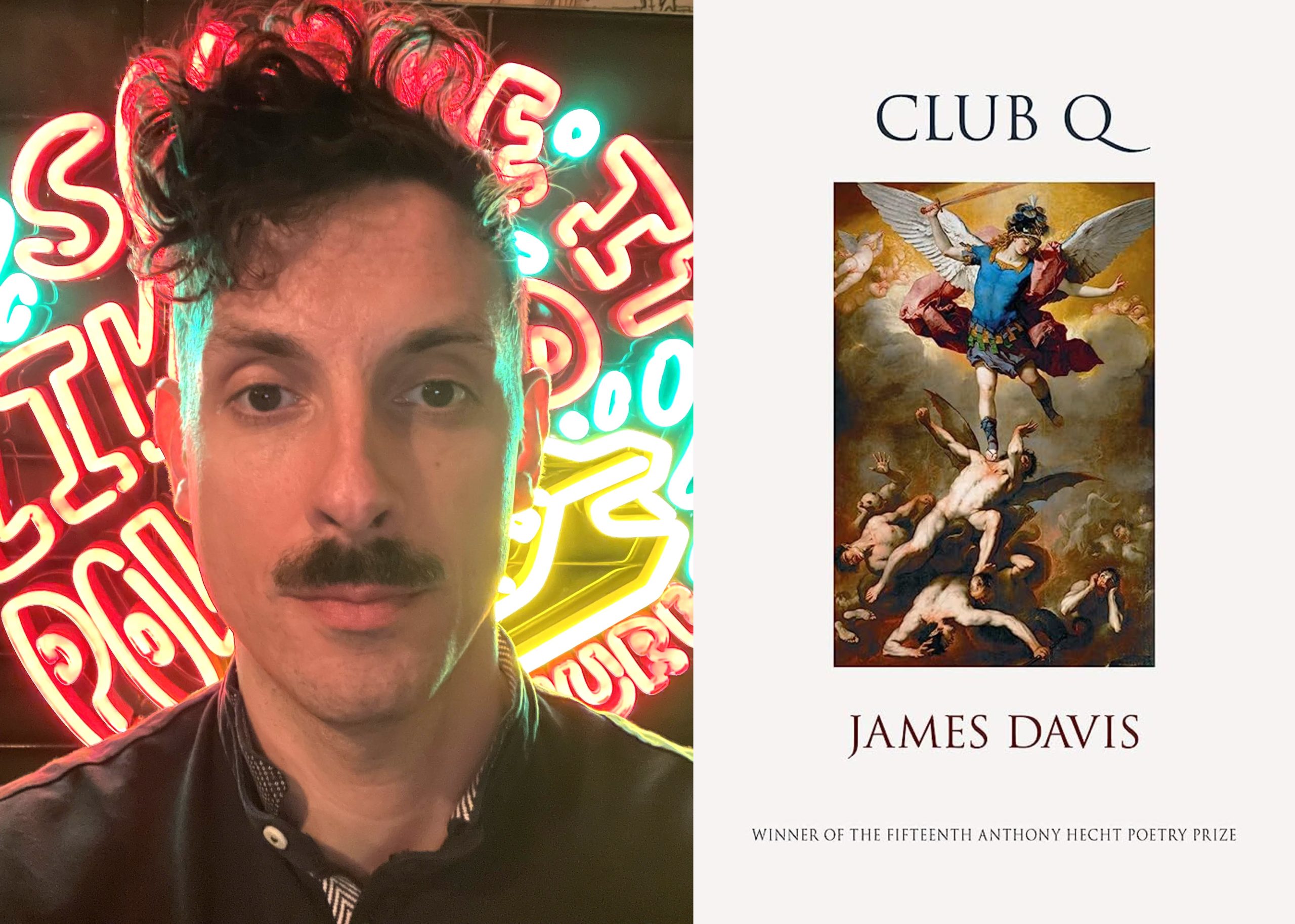Work, family, movies and miles of running. Work, friends, shows and gallons of craft beer. Work, travels, parties and a tones of wasted time online. In half a year there is room for plenty of things and probably not enough for all those goals you had in mind for the New Year. Although, when you leave January behind, does this really matter?

Imre Kertesz
On top of the above I also had a new City to explore. And not any City, but an endless one, where I also made new friends and, needless to say, went through the very predictable litany of tequila and mescal bottles.
In the meantime I also read 29 books. Some good, some poor and some really memorable. And although I don’t have a record of the bottles I drank, I do of the books I read.
There were 8 Spaniards and 7 Mexican authors (my old countrymen and my new ones). 2 Japanese, 2 Colombian and 2 Chilean. And then one of each of the following countries: Nicaragua, France, United States, Belgium, Romania, Canada, Hungary and England.
In any case, too many good books to review them in the way they deserve or to praise them in the energetic way I am used to go about: those vehement recommendations that look more like an instruction.
That is how this time I thought I would make a list (in no particular order) and write a few words about some of these books you shouldn’t miss so that we can save you the intimidation and invasion of your space.
There were Kertesz and Pacheco reproduction of the atmospheres of their youth in the oppressive Budapest and the mysterious Mexico City, respectively. Some Japanese literature (Tanizaki and Yoshimoto) which is an endless source of shocking stories, with authors that always find a delicate way of portraying astonishing characters and experiences.
I was on time for my regular appointment with the (in my vehement opinion) best Latin-American author of these days, Zambra, and finally got to put my hands around the scandalous and most offensive character in Russian literature (Limonov).
There was the discovery of the unstoppable talent of the young Mexican Valeria Luiselli and a deep review of the Sandinista Revolution in Adios Muchachos by Nicaraguan author and one of the Revolution’s main protagonists, Sergio Ramirez.
Lastly, I read two of the best books in Spain in recent years where the authors try to explore the lives of a couple of public figures while exploring their own inner selves. A sort of novelized biography each of these books is a surprising take on reality and while they are not available in English yet, a translation is on the way for each of them.
• The Union Jack (Imre Kertesz, 2010)
• Diary of a Mad Old Man (Junichiro Tanizaki, 1961)
• Kitchen (Banana Yoshimoto, 1988)
• My Documents (Alejandro Zambra, 2014)
• Limonov (Emmanuel Carrere, 2011)
• Faces in the crowd (Valeria Luiselli, 2012)
• Adios Muchachos (Sergio Ramirez, 2011)
• Como sombra que se va (Antonio Muñoz Molina, 2014)
• El Impostor (Javier Cercas, 2014)
• Battles in the desert (José Emilio Pacheco, 1987)






